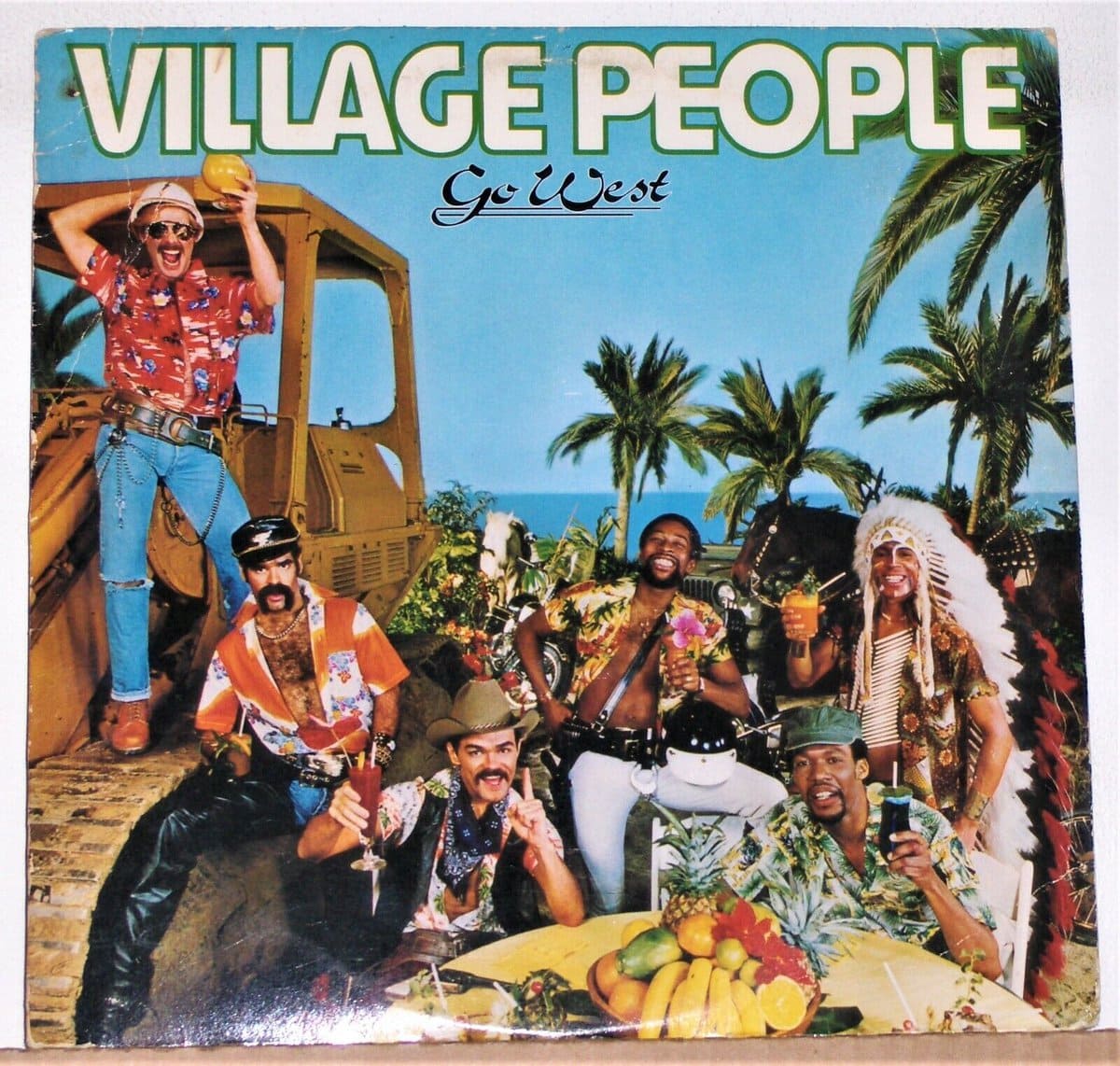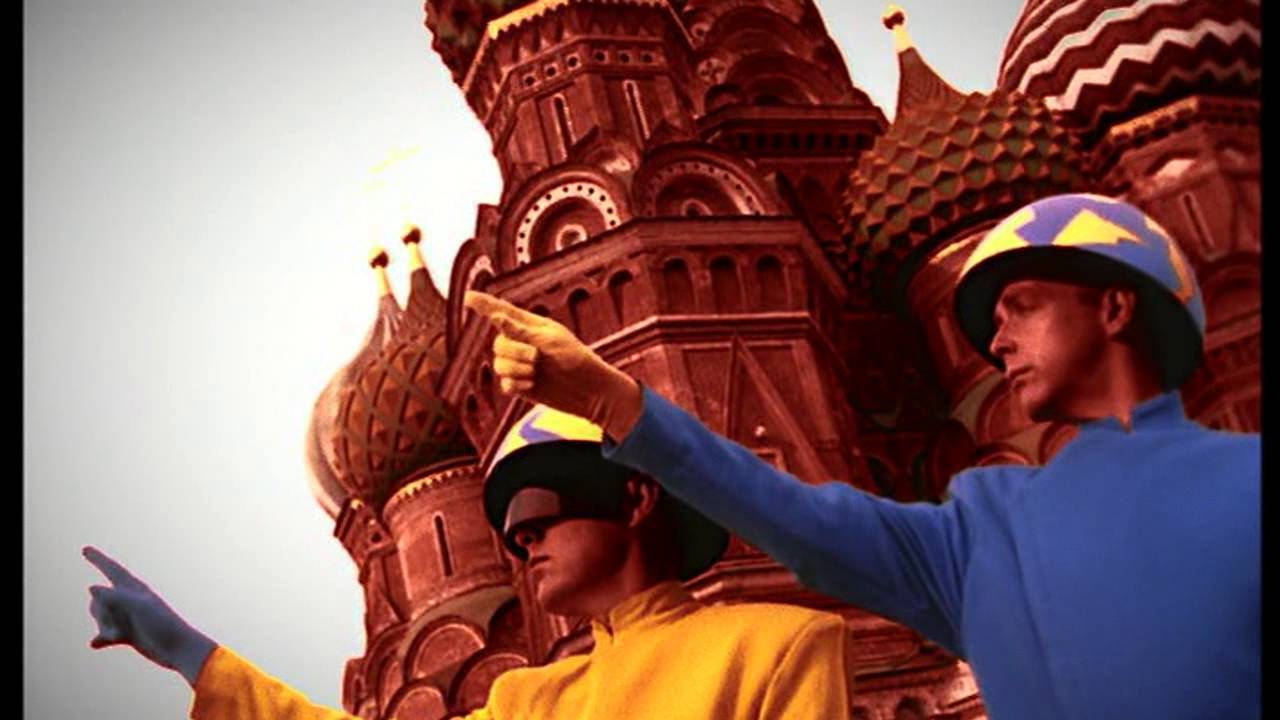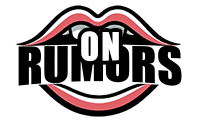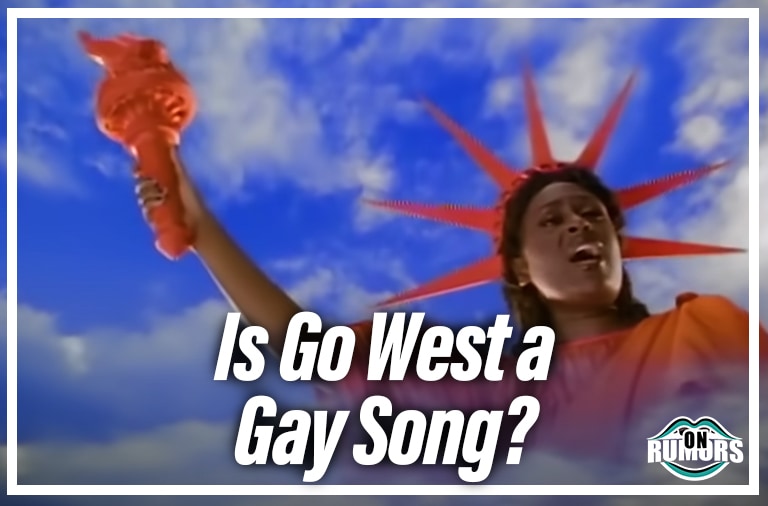Are you curious about the connection between the song “Go West” and the LGBTQ+ community? Well, here’s a fun fact for you: “Go West” was a disco tune that gained popularity in the late 1970s.
In this blog post, we’ll explore whether this song has been embraced as a gay anthem. Stick around to uncover the fascinating evolution of “Go West” and its impact on LGBTQ+ culture.
“Go West” is a song that the Village People released in 1979, but it was the Pet Shop Boys’ 1993 cover version with changed lyrics that made an LGBTQ+ anthem. The song’s message of finding freedom and a new start resonates with many in the LGBTQ+ community.
Song Details
| Single | Go West |
| Singer | Village People |
| Album | Go West |
| Written by | Jacques Morali
Henri Belolo Victor Willis |
| Released | June 1979 |
| Cover by | Pet Shop Boys |
A brief history of the song “Go West”
“Go West” hit the airwaves in June 1979, thanks to the disco group Village People. It was a time of big hair, shiny outfits, and catchy dance beats. Disco lovers everywhere grooved to its beat, but little did they know it would become much more than a regular dance track.
The song took on new life when the Pet Shop Boys gave it their own twist in 1993. Their cover version wasn’t just another pop hit. It became an important tune for the LGBTQ+ community.

Singing about hope and dreams, “Go West” echoed the feelings of many seeking acceptance and a better future.
The Pet Shop Boys added their flair to the lyrics, making “Go West” not just about moving locations but also about chasing personal freedom and happiness. Fans loved this fresh take so much that it ended up on a list as one of the Top LGBTQ+ Anthems of all time! And guess what? Some folks thought “Go West” was talking about serious stuff like countries fighting or diseases spreading – but nope! This anthem is all about positivity and looking forward to bright days ahead.
Changes made to the lyrics
After the release of the Pet Shop Boys’ cover version, significant alterations were made to the lyrics of “Go West.” The original song by Village People did not explicitly convey themes related to homosexuality or LGBTQ+ activism.
In contrast, the Pet Shop Boys adapted the verses to resonate more with gay rights and the impact of the HIV/AIDS crisis on the community. Additionally, they incorporated a masculine choir into their rendition, which further emphasized the connection to LGBTQ+ culture and activism.
These adjustments transformed “Go West” into an anthem that resonated deeply with members of the LGBTQ+ community and became a symbol of resilience during challenging times.
Debate over the song’s connection to the LGBTQ+ community
Moving from its history, “Go West” stirs up a lot of talk about its meaning for LGBTQ+ people. Some hear this disco hit and feel it’s a call for freedom, like an anthem that says “Be proud.” Lots of folks in the LGBTQ+ community see themselves in the song.
They think it talks about finding a place where they can be who they are without fear.
The song’s lyrics have layers, and many believe these words reach out to queer individuals looking for hope and a sense of pride. It’s not just music. It’s become part of queer representation in pop culture – something bigger than just notes and rhythms.
For some, “Go West” is more than a tune you dance to. It echoes their journey towards acceptance and love within the embrace of the LGBTQ+ family.
Critical reception and impact on the LGBTQ+ community
The Pet Shop Boys’ version of “Go West” has made a significant impact on the LGBTQ+ community, earning praise as a gay anthem and pride anthem. Widely celebrated for its message of empowerment and freedom, the song has become synonymous with LGBTQ+ struggles and rights, resonating deeply within the community.

It has been performed at AIDS charity events, further solidifying its association with the LGBTQ+ community’s challenges and serving as a source of liberation and joy for many individuals.
The band’s exuberant queer aesthetic not only defies but also undermines conservative attitudes towards LGBTQ+ identities, making “Go West” an important cultural symbol promoting gay liberation.
Conclusion: the song’s evolution and interpretation over the years
In conclusion, the song “Go West” has an undeniable connection to the LGBTQ+ community, whether intentional or not. Its evolution and interpretations over the years have solidified its place as a gay anthem, making it an important part of LGBTQ+ music history.
The personal opinions on whether “Go West” can be considered a gay song may vary, but its impact on the LGBTQ+ community cannot be denied.
Moreover, with its impact on the LGBTQ+ community and being considered part of gay disco music, the song’s significance in representing these communities cannot be ignored.
It is evident that “Go West” holds cultural importance for many within the LGBTQ+ community, positioning itself not only as an iconic dance track but also as an emblematic symbol.

